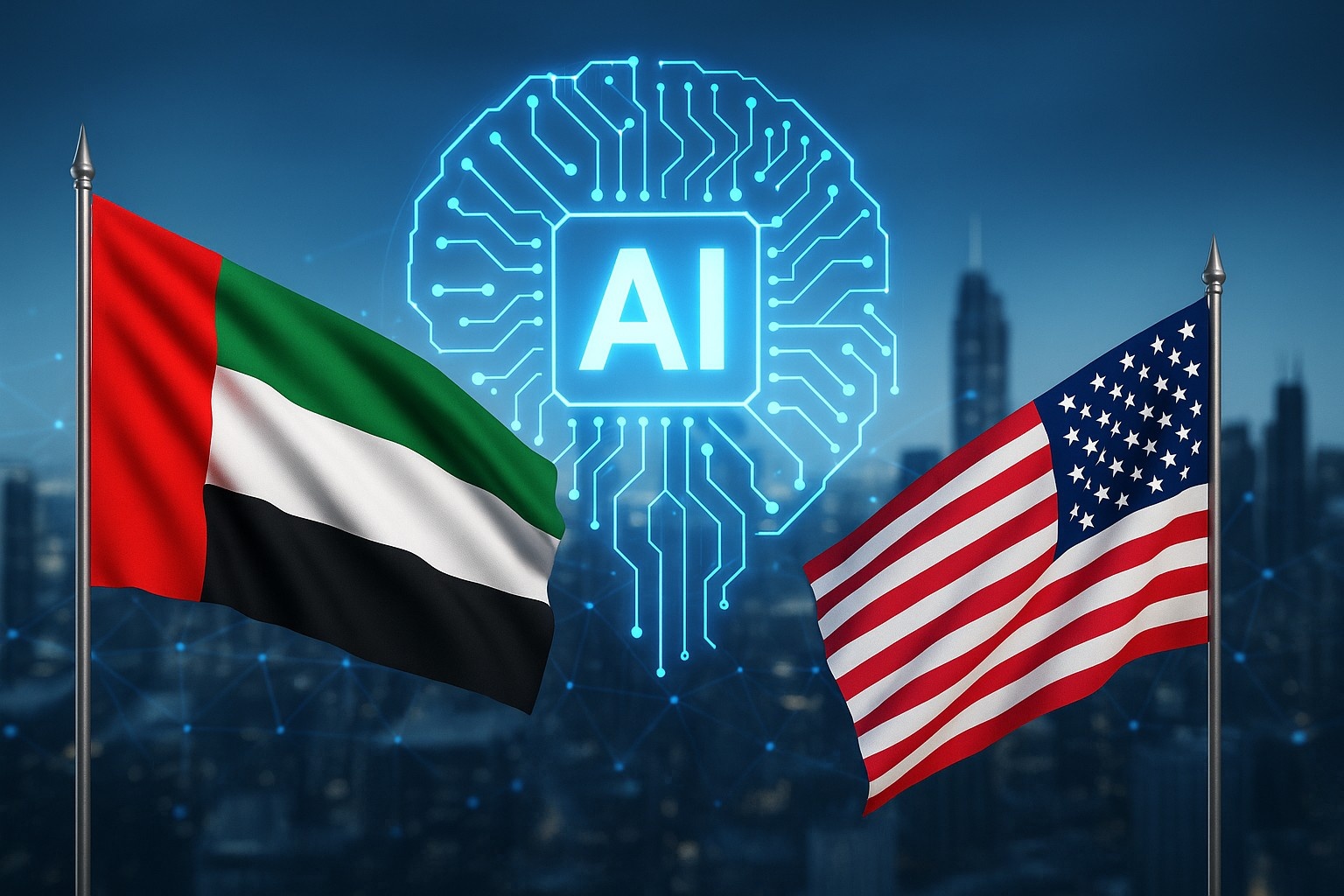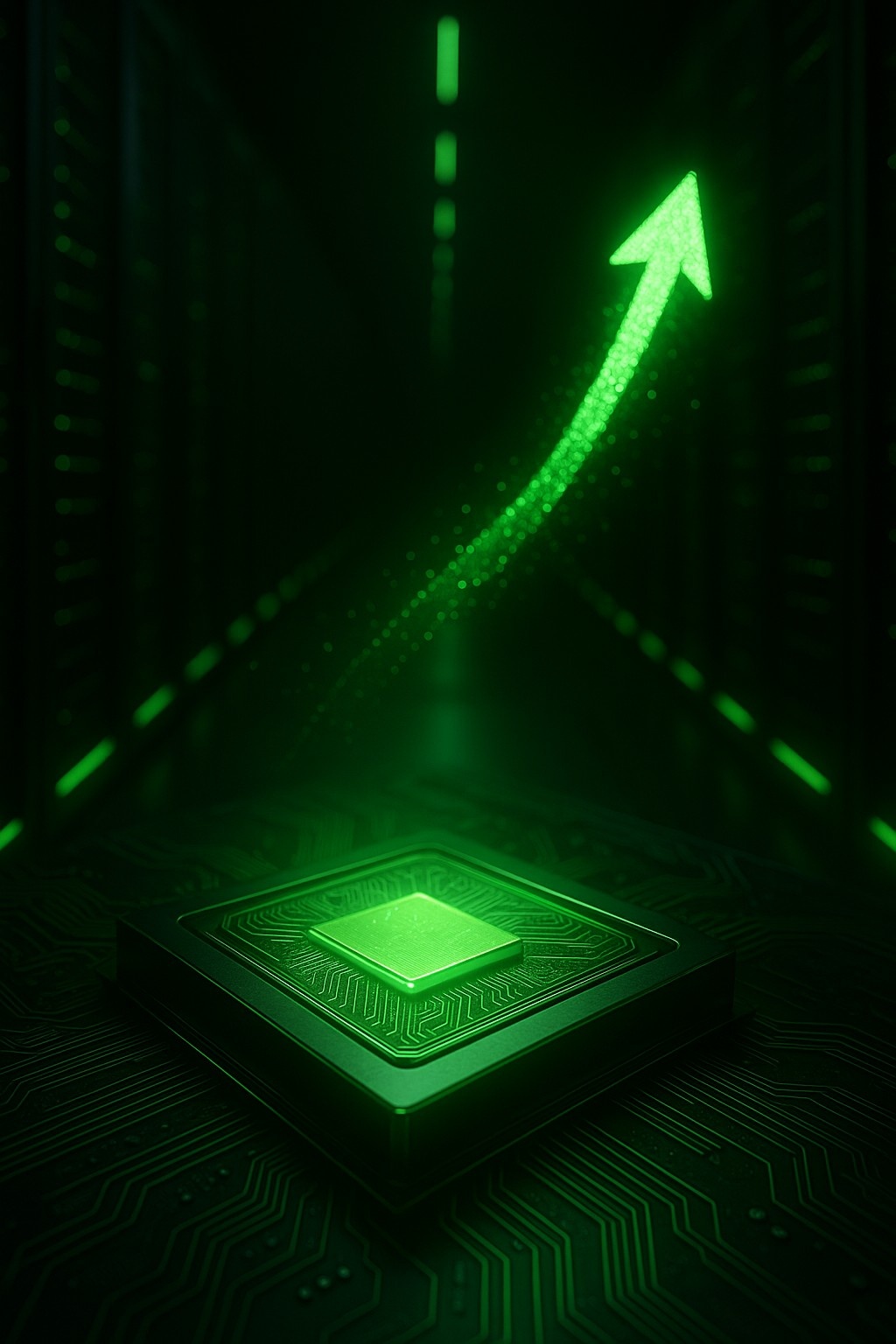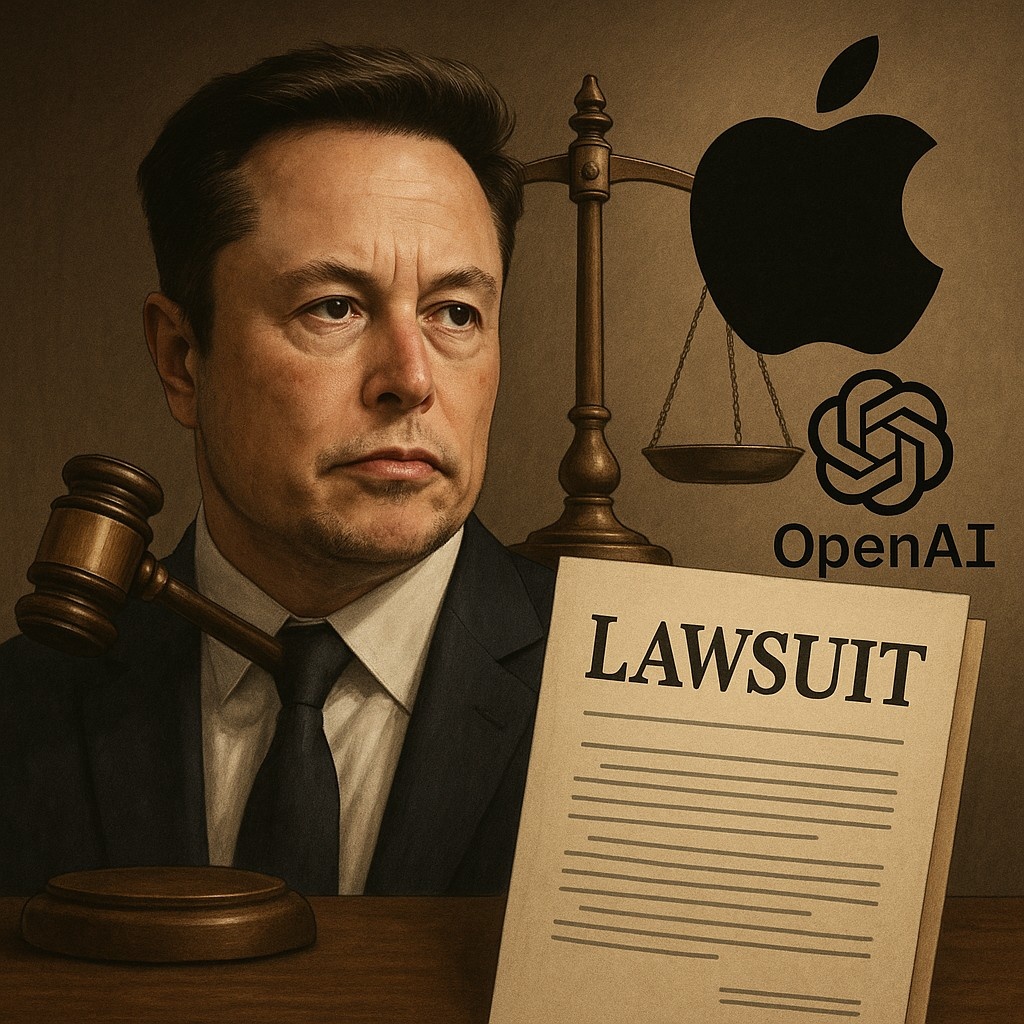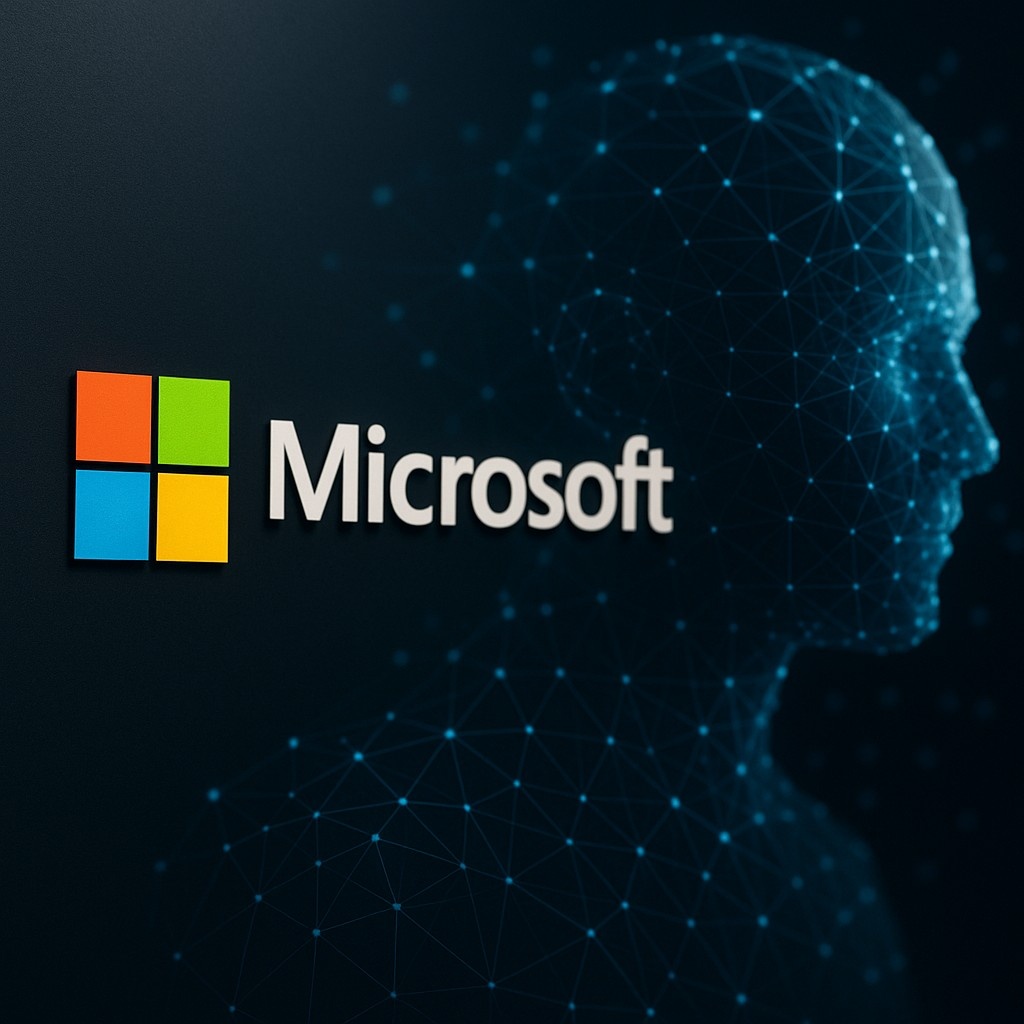UAE–U.S. Mega AI Deal Redraws the Global Tech Map
In a landmark move reshaping global AI geopolitics, the United Arab Emirates has struck a sweeping technology agreement with the United States, paving the way for the construction of the largest AI campus outside of America. The announcement came during a high-profile visit by President Donald Trump to Abu Dhabi, marking both a diplomatic breakthrough and a strategic realignment in the global tech race.
At the heart of this agreement is a 10-square-mile artificial intelligence hub in Abu Dhabi, powered by 5 gigawatts of energy — a scale that dwarfs any existing AI infrastructure projects worldwide. More than just bricks and silicon, the deal represents a bold pivot by the UAE and a powerful signal of America’s renewed bid to solidify tech influence in a region long courted by both Washington and Beijing.
A Silicon Behemoth in the Desert
Set to be developed by UAE state-backed tech firm G42, the Abu Dhabi AI campus will host data centers equipped to run millions of Nvidia’s top-tier AI chips simultaneously. According to industry analysts, this level of compute capacity positions the campus as one of the world’s most formidable AI supercomputing installations — potentially on par with or exceeding the combined scale of leading AI clusters in the U.S. and China.
Under the terms of the agreement, American tech companies will operate and manage the campus's cloud services and infrastructure, ensuring that U.S. firms retain oversight of how advanced chips are deployed. This detail is crucial: it grants the UAE access to cutting-edge hardware, while maintaining American control over its application — a win-win structure that satisfies both commercial and strategic interests.
While specifics remain confidential, sources suggest the deal permits the UAE to import up to 500,000 of Nvidia’s most powerful AI processors annually, starting in 2025. That figure, combined with the facility’s massive energy capacity, highlights just how serious both nations are about making Abu Dhabi a new global epicenter of AI.
Tech Diplomacy Meets National Strategy
For the UAE, this is a diplomatic and economic masterstroke. Long balancing relations with its historic ally the U.S. and its top trading partner China, the UAE has now signaled that unrestricted access to American AI hardware is worth recalibrating certain partnerships.
In exchange for this access, the UAE has pledged to align its national security regulations with those of the United States and implement strict safeguards to prevent U.S.-origin tech from reaching unauthorized entities — a clear nod to Washington’s concerns about tech transfer to China.
This shift carries geopolitical weight. During the Biden administration, the U.S. had imposed export controls on AI chips to the UAE due to its close ties with Beijing. But Trump’s visit reversed those restrictions, unlocking a flood of U.S. chips under tightly monitored conditions. It’s a strategic realignment that gives the U.S. a stronger tech foothold in the Middle East while providing American companies with a lucrative new market just as China-facing exports are curtailed.
A Two-Way Partnership, Not Just a One-Way Deal
In a surprising reciprocal twist, the agreement also includes a UAE commitment to build equivalent data centers on U.S. soil. This deepens the bilateral tech alliance, suggesting the UAE’s AI ambitions are not just local — they’re global.
The deal also reveals a new U.S. strategy: not containment, but competition through alignment. Rather than blocking allies from accessing advanced technology over fear of Chinese infiltration, the Trump administration is choosing to enable access in exchange for trust and control — effectively building “tech alliances” that serve American strategic interests.
China’s Quiet Concern
Beijing is undoubtedly watching closely. The UAE has historically been one of China’s closest partners in the Gulf — collaborating on smart cities, digital infrastructure, and logistics. The fact that the UAE can now secure half a million high-end Nvidia chips annually — something even Chinese firms cannot do under current U.S. export rules — represents a significant strategic loss for Beijing.
It’s also a reminder that despite China’s progress in AI models and research, the U.S. still dominates the hardware that makes it all run. Semiconductors remain the crown jewel of 21st-century power politics — and the U.S. is using them to cement influence.
The UAE’s Grand AI Vision Gets Its Engine
This new AI campus supercharges the UAE’s long-standing ambition to become a global tech hub. From appointing the world’s first Minister of AI in 2017 to investing heavily in tech incubators, the country has made no secret of its aspirations. But it lacked the computing muscle to back them up — until now.
With U.S. support, the UAE is set to attract top researchers, AI startups, global enterprises, and a new generation of regional talent. Everything from GPT-scale language model training to AI-powered healthcare and fintech platforms could find a home in this Gulf mega-campus.
Implications for the Global AI Race
This deal may well become a blueprint for other countries navigating the U.S.–China divide. It sends a clear message: If you want access to the best AI hardware, you must align with U.S. security norms. For Washington, this is soft power via silicon — using chips not only to innovate but to build alliances, shape policy, and set global tech standards.
The UAE–U.S. AI campus could also ignite a regional arms race in AI infrastructure. Countries like Saudi Arabia, Qatar, and Turkey — all investing in digital transformation — may respond with ambitious plans of their own.
Meanwhile, for tech companies like Nvidia, Microsoft, and Amazon Web Services, this represents an enormous commercial opportunity in a region flush with capital and hungry for compute power.
Conclusion: A New Era in AI Geopolitics
This is more than just a flashy tech deal — it’s a realignment of AI power structures.
In the coming years, Abu Dhabi may become as central to AI as Silicon Valley. Backed by American technology and governed by a new framework of mutual security, this project signals a new era of global AI alliances — where trust, control, and compute converge.
As cranes rise and servers come online in the desert, one thing is clear: the future of artificial intelligence will be shaped not only by code, but by who controls the chips, and who chooses to share them.















